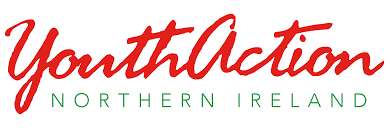Quit Underestimating Yourself
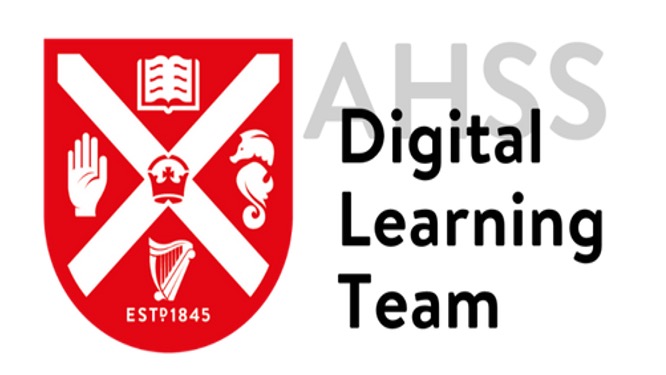
Working experience in my last year at Queen’s has been one of the most thrilling modules I have taken. Meeting laura, the developer of AHSS Digital Learning Team gave me a new reason to develop the digital platform by utilizing my broadcasting skills. I figured out that people need this type of development for different reasons including business.
I will use Boud’s model of reflection for my placement’s staff interview project (Boud et al., 18–40) to discuss their project experiences. I will analyze my thoughts, deeds, and emotions during the project, reevaluate it, and then discuss the results, including any new insights I learned from it.
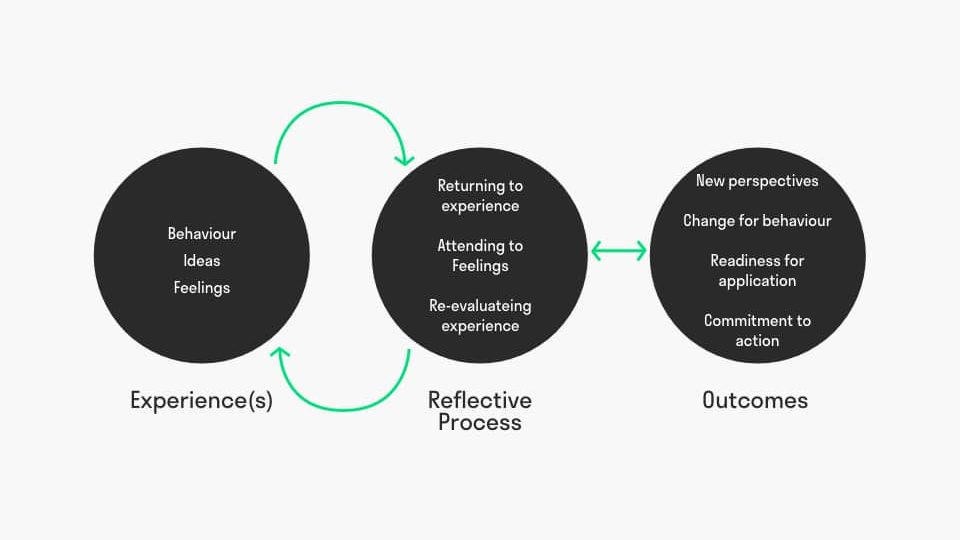
Experience: First Time, First Experience
Initially, I was overjoyed when I was first given the task of recording the staff perspective interview about their digital assessment and editing the interview video in its final form.It gave me the chance to bring my college-acquired skills in communication and shooting into the workplace. Aisling Reid, a lecturer at Queen’s gave me the chance to talk with her about her Sway collaboratively evaluated project on literature from the late medieval era.
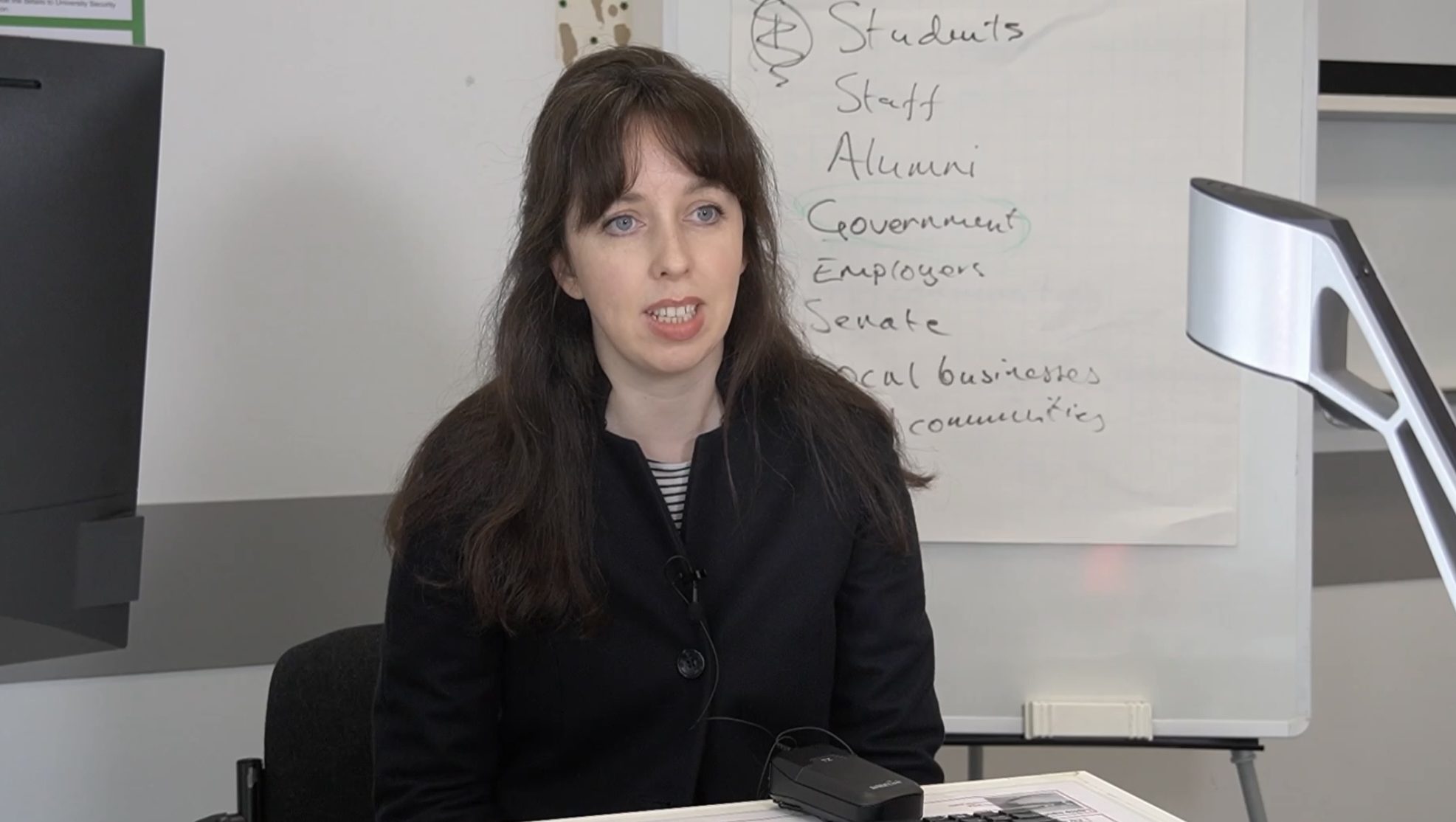
In a rehearsal before the actual interview, I made sure the recording was good by testing the LED light, camera, audio, and microphone. I was concerned about my English when I read the interview questions because I had never been confident in my English and knew very little about late medieval literature. I was concerned that when Aisling talked about her project, I wouldn’t be able to comprehend it.”The central importance of preinterview preparation, which is essential to enhance the researcher’s knowledgeability,” as stated by Mikecz (483). For a successful interview, it is necessary to comprehend the interviewee’s life story and background.I researched Aisling’s literary background and late medieval literature to ensure a successful interview.

I was asked to make a series of videos featuring the viewpoints of staff members with animation for the opening and closing after filming the interview video.I wasn’t ready.My own animation abilities were utilized for my first official assignment.Since I rarely use animation for academic assignments, I initially questioned my basic skills.I was restless in light of the fact that I was stressed over bombing this task.I focused on the present while trying to make a decision.To practice my animation skills, I looked at intro and outro animations for similar videos and studied AE software lessons.Sharp (221) says that if you’re working with a format or series that already exists, you have to follow those rules while still giving your show its own personality.After that, I began creating my own animations for the intro and outro, making sure that the animations’ style matched the interview video. The staff perspective video and the final animation turned out to be excellent.
Reflection: Finding a New Me
I realized that my abilities weren’t as bad as I thought after finishing the project I was working on. After considering my entire output, I arrived at this conclusion. At first, I was worried that my low self-esteem would cause a lot of mistakes in my work. However, my abilities were acknowledged by both the interviewer and my supervisor. As a result, I have more faith in my speaking, changing, and movement skills as well as my English communication skills for this job. It gave me the assurance that I would be able to continue working in the media.
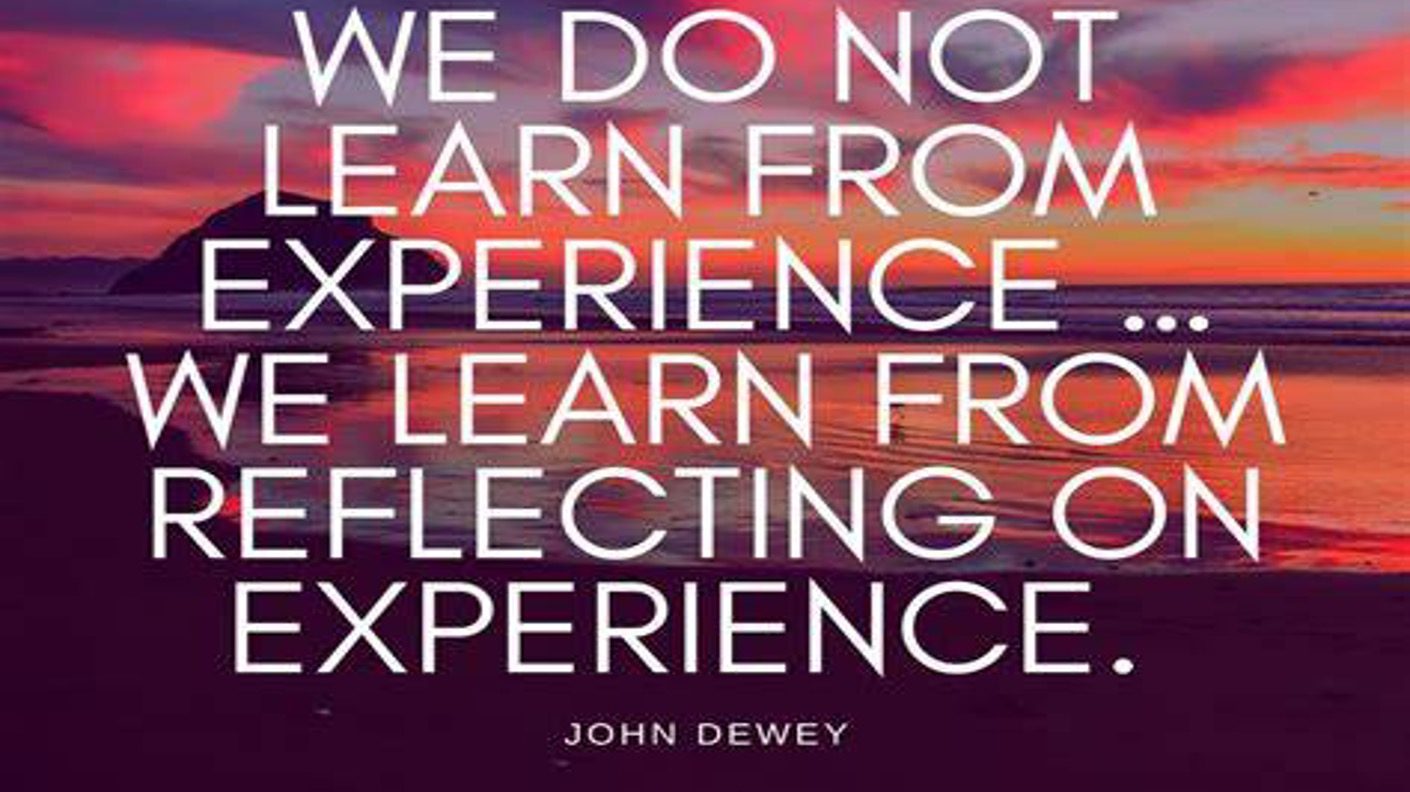
My admittance for that internship was in large part due to my current personal experiences from past jobs and the knowledge I acquired from my university degree. By overcoming my fear of failing and venturing outside of my comfort zone, I was able to get experience in a sector connected to my desire and perhaps find a new interest. Through instruction and on-the-job practice, the placement offered continued professional growth. This chance was important to me since it helped me decide on a future profession. It involved working with seasoned experts, acquiring leadership skills, enhancing my time management and punctuality, and getting the courage to attempt new things. In order to fulfill a deadline, it also included rigorous communication between the teams.
One of the company’s main beliefs is encouraging individuals to achieve their aspirations. They only accept a small number of trainees because they are a private organization, but they provide assignments to anybody who is interested in studying. In addition, when I think back on the interviewing portion of my project, I see how helpful my preparation was throughout the entire process. Because of this strategy, I was able to concentrate on communicating with the interviewee and conduct an interview that felt more natural and effective, relieving my fear and anxiety. As a result, I gained a deeper understanding of the interviewee’s personality and developed more in-depth ideas, both of which are extremely helpful to the audience in comprehending the conversation’s content.
Additionally, I gained confidence in post-production as a result of my study of animation production. When I look back on my video production, I see that researching the project ahead of time helped produce better results. In addition, not only did learning how to create the intro and outro animations provide me with the self-assurance I needed to advance my animation skills, but it also demonstrated that I possess more production talent than I had previously believed. I think I will keep working on it to improve my ability to make animations and use them in a future career. In addition, it is a fantastic chance for me to utilize my own abilities in a professional setting.
Outcome: The Organization Experience, New Experience
Thanks to this staff perspective video project, I now have new ideas for how to finish the project in the media industry. The significance of the research and preparation, particularly in producing the media project, is now more apparent to me than it was previously. I can ensure that all aspects of the interview process work well together and that my communication with interviewees is improved if I do enough research and preparation. Additionally, it is never too late to upgrade your production capabilities by learning new production skills.
“It’s never too late to be what you might have been.”
-Warhurst & Black. (2015)
Work cited
Boud, David, et al. “Promoting Reflection in Learning: a Model.” Reflection Turning Experience into Learning, Routledge, London, 1985, pp. 18–40. Available at https://www.taylorfrancis.com/chapters/edit/10.4324/9781315059051-2/promoting-reflection-learning-model-david-boud-rosemary-keogh-david-walker
Mikecz, Robert. “Interviewing Elites.” Qualitative Inquiry, vol. 18, no. 6, 2012, pp. 482–493., https://doi.org/10.1177/1077800412442818. Accessed 3 Nov. 2022.
Sharp, Elsa. How to Get a Job in Television: Build your career from runner to series producer. Bloomsbury Publishing, 2014.
Warhurst, Russell Paul, and Kate Emma Black. “It’s never too late to learn.” Journal of Workplace Learning (2015). Available At: https://www.emerald.com/insight/content/doi/10.1108/JWL-07-2014-0050/full/html
Blog 1
A Rocky Start
You May Also Like
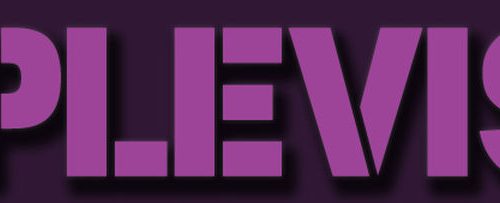
Securing My Placement: The Humbling Experience of Film Industry Rejection
24 November 2022
The Pen Is Mightier Than The Sword
24 November 2022